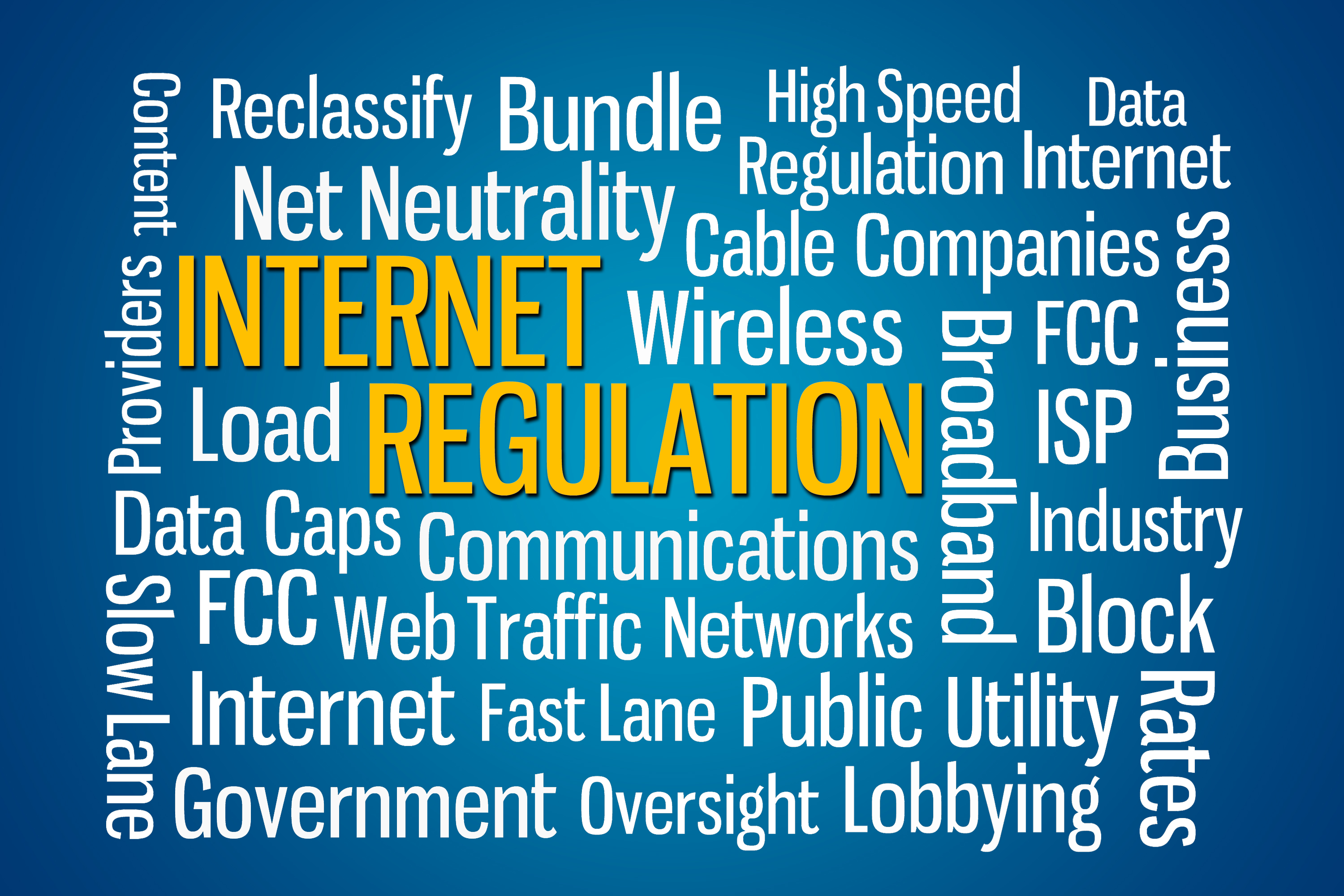The internet has changed everything about our lives.
The ways we communicate, shop, and work have all been impacted by the internet. The web also makes a wealth of information readily accessible at your fingertips.
The internet has come to be regarded as a free and open public forum. Recently, internet users have worried that this freedom could be compromised by ending Net Neutrality.
Net Neutrality is an FCC internet policy that supports an open internet. But what is it exactly? Let’s take a closer look at seven things you should know.
A Brief History of FCC Internet Policy
The FCC first adopted Net Neutrality, or Open Internet rules, under the Obama administration in 2015.
The basic principle behind Net Neutrality is that all internet traffic should be treated equally. This means that internet service providers cannot provide faster speeds to websites or customers that pay more.
Net Neutrality Does not Give the Government Control of the Internet
There is concern over whether these rules would increase government oversight of the internet. Users were concerned that the policy could be a threat to their privacy and cybersecurity.
In short, Net Neutrality does not give the FCC, or any other government agency, control of the internet. The policy provides no additional authority to censor legal content on the internet.
In fact, Open Internet rules prevent internet service providers from blocking lawful content. This rule protects the internet from censorship.
So we’ve got an idea of what Net Neutrality does and doesn’t do. But what would the internet look like without Net Neutrality?
Sites Could Pay for Faster Speeds
One feature that Net Neutrality prohibits is charging certain websites for faster speeds. These so-called “fast lanes” could allow companies to pay for faster loading times.
Many internet users fear that changing Net Neutrality’s current policy could end online streaming as we know it.
Under existing rules, it costs the same amount to access a streaming site like Netflix as it does to access any other service. This is despite the fact that streaming online videos requires much more bandwidth.
Without these FCC internet rules, internet service providers could charge higher prices to access streaming services. This could make the cost prohibitive for most users.
Internet Service Providers Could Offer Preferential Treatment
Many internet service providers would have a direct incentive to charge more to access streaming sites.
Lately, many consumers have been turning to “cord-cutting” for their home entertainment needs. Because of the inexpensive costs of services like Hulu and Netflix, they’ve been ditching expensive cable plans. This trend has led to a cut in cable’s profits.
In many areas, cable television and internet service are sold by the same companies. For instance, Comcast, Verizon, Spectrum, and others all offer packages that bundle internet and cable service.
In short, internet service providers could charge users more to access Netflix. This could make a cable package look appealing.
Not only that, but some internet service providers actually own their own streaming services. For instance, AT&T owns DirectTV. Without Net Neutrality, AT&T could charge less for customers to access their own product.
These changes to current FCC internet rules could greatly limit consumer options.
Protecting Consumers
The rules of Net Neutrality are intended to protect internet users. The FCC internet policy insists that the internet is more like a public utility than a good that can be regulated by market forces.
For instance, Americans don’t buy their electricity or water from a private company. Instead, they purchase it from a government utility agency.
This centralized system ensures that prices are consistent for consumers. It alway maximizes the access that consumers have to these essential services.
The creators of Net Neutrality suggest that the government should treat the internet in a similar way. Because internet use is so ubiquitous, many consider it a necessity, rather than a luxury.
These rules are intended to regulate the price and distribution of internet service so that more Americans can continue to access it.
Are the Burdens Too Heavy for Internet Service Providers?
Whenever a consumer protection is passed, there is bound to be pushback from for-profit companies. All consumer protections cut into company profits to some extent.
Internet service providers complain that FCC regulations hinder their ability to regulate traffic. In some ways, this is true.
Net Neutrality does not allow service providers to place regulations sites because of the bandwidth they use. But providers are still able to block traffic from sources that pose security threats. They can also regulate traffic issues in times of high use and congestion.
Internet service providers also argue that Net Neutrality discourages investment in bandwidth. Remember, providers do not have the ability to charge more money for using more bandwidth. The companies argue that this makes the product’s value much less attractive to investors.
Since Net Neutrality has only been in place since 2015, the implications of this claim are still playing out.
Internet Rules are Changing
As we all know, the 2016 election brought a new administration to Washington DC. Ajit Pai, chairman of the FCC, has indicated interest in rolling back certain Net Neutrality regulations. It will be many months, if not longer, before we know the full effects of this move.
That said, Net Neutrality is not the only FCC internet rule that is changing. Earlier this year, Congress voted to overturn an FCC Broadband Privacy rule.
This rule required internet service providers to inform users that they were collecting data. It also required transparency about how the data would be used. Additionally, service providers had to take precautions to ensure consumer data was protected.
Again, these policy changes are extremely new. It will be a while before we can understand their full impact.
That said, these recent moves regarding FCC internet rules indicate that we might be entering a new age of internet policy.
Where do you fall on the Net Neutrality debate? Do you believe ending Net Neutrality would impact your business? Let use know in the comments!



